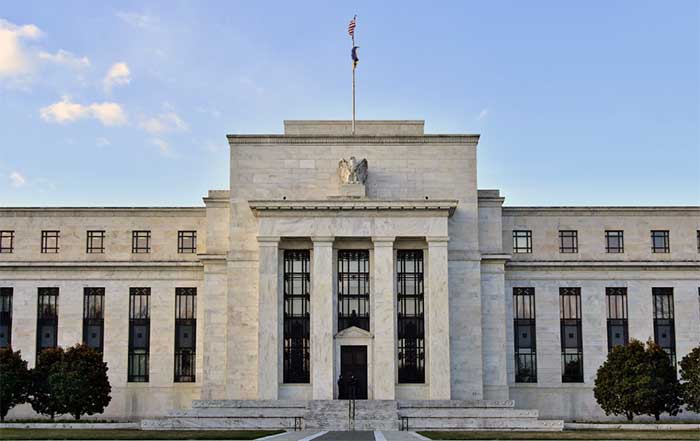With the COVID 19 effects still being felt, the Federal Reserve has been pivotal in stabilizing the US economy. The new US administration came into office faced with an enormous task: to contain the pandemic's effect and revive the economy. The Federal Reserve is a vital element in these efforts as it controls the country's monetary sector. Because of the pandemic, the Federal Reserve put measures into place to ensure the economy survived these challenging times.
Under President Biden's administration, the Federal Reserve is set to enjoy a fruitful and cordial relationship with the government. This change will be most welcome after the institution suffered a rocky relationship with the former President, Donald Trump. A good working relationship will go a long way in executing monetary policies and implementing strategies for the economy's good. Even as the pandemic is still affecting the country's economy, collaborative efforts between the administration and the Feds will be crucial. Certainly, a good relationship between the two will ensure the economy is revived, and the unemployment rate goes down.
To combat the Covid -19 effects, President Biden recently proposed a bill to congress to provide Americans with a relief package, mainly the $1400 stimulus disbursement. The Federal Reserve has spent over $2.3 trillion since the pandemic struck, and this number might continue rising depending on how long the pandemic will last. President Biden's administration knows just how important the Federal Reserve is, especially during these turbulent times. Incumbent presidents often overlook key Federal Reserve appointments; however, this is not the case with President Biden. Why? Because one of the most impactful functions of the Federal Reserve is determining interest rates at which banks borrow money. The new President is alive to this fact.
Just consider: If the Federal Reserve hikes the rates at which banks borrow from each other, its effects will be felt throughout the economy since business loans and mortgage interest rates will rise. Therefore, the Federal Reserve must maintain low rates to ensure the country's economy recovers from COVID 19. The Federal Reserve under Biden's administration is pushing to increase the circulation of money in the US economy. It has prioritized purchasing treasury bonds for over $78 billion per month and mortgage-backed securities for some $39 billion per month; this will be the situation for the foreseeable future.
The Biden administration is also pushing hard for the vaccination of Americans against the Covid-19 virus. Through the Federal Reserve, Biden is seeking a $160 billion package to fund a national vaccination drive, expand testing activities, and hire more healthcare professionals. These funds will help in reviving the economy, as the Federal Reserve chair recently stated. To distribute the vaccine more effectively, the Federal Reserve will have to cough up more funds, even as reports of a second strain of COVID 19 around many parts of the world emerge. The government needs to carry out the vaccination exercise faster to accelerate the reopening of the economy.
In addition to the economic revival pressure, other factors such as climate change and racial equity in America are vital challenges for the Biden administration. This challenge has prompted the Federal Reserve to take act on its own. Regarding climate change, the Federal Reserve has given directives to overseas banks to provide climate change provisions during their stress tests. Further, the Fed has joined the Network for Greening the Financial System. Treasury and the Fed have also begun to align their activities to be more efficient; things have mostly become better under the Biden administration. In fact, the two significant institutions are now pooling efforts to ensure the economy recovers from COVID 19.
Overall, President Biden's stimulus bill was passed recently, and it immediately sparked fears – within some quarters-of fueling inflation in the country. However, Federal Reserve chief Jerome Powell has disputed these claims. The senior official has stated that the stimulus package's cost would be low for the economy, and inflation is unlikely to occur in the long run. Unemployment rates are currently high, and this aid from the government will help many citizens who lost their jobs ever since the pandemic began. Further, the International Monetary Fund (IMF) has also stated that the stimulus package aid will not fuel inflation. Economists, too, agree with these projections. Many have noted the national GDP will recover the over 3% lost in 2020 by 2023; Pundits project that the country's GDP will surge ahead by four to six times thanks to the stimulus package.

